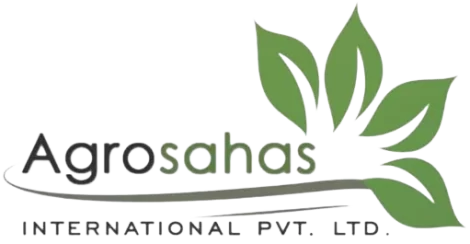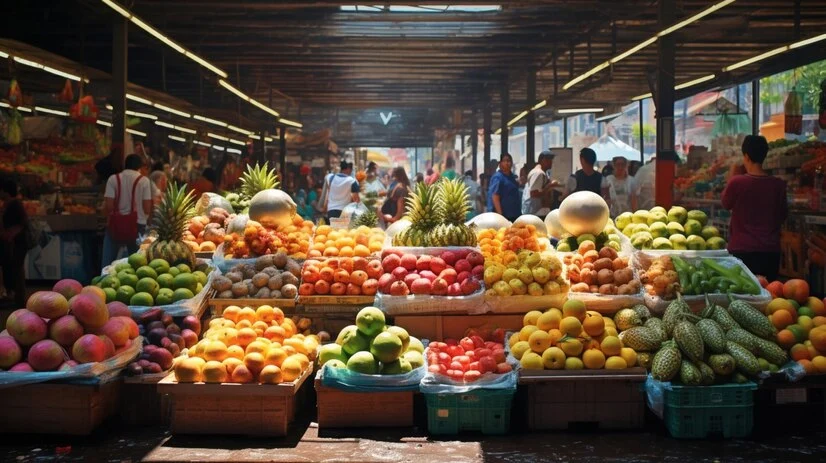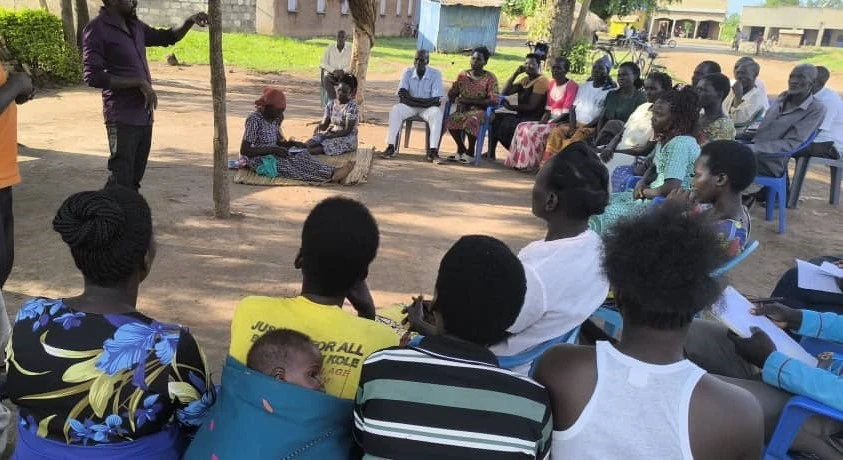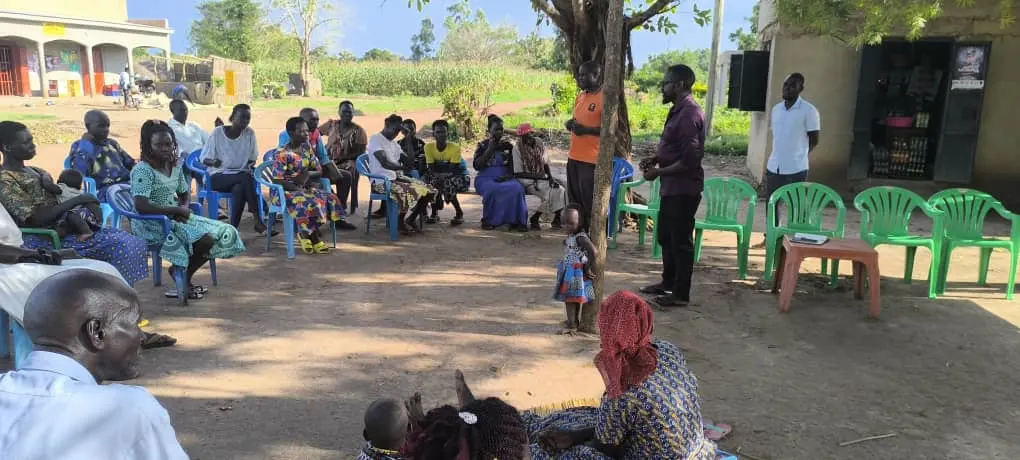In the realm of agriculture, smallholder farmers play a crucial role in sustaining food security and economic growth, particularly in regions like Africa. However, despite their significance, these farmers often face numerous challenges in accessing markets and realizing the full potential of their produce. At Agrosahas International PVT LTD, we are committed to addressing these challenges and empowering smallholder farmers to thrive in the global marketplace.
Why Market Access Matters
Market access is paramount for smallholder farmers as it directly impacts their livelihoods and economic opportunities. By gaining access to markets, farmers can sell their produce at fair prices, generate income, and improve their standard of living. Additionally, market access enables farmers to diversify their crops, adopt sustainable farming practices, and invest in their farms’ long-term growth and resilience.
Challenges Faced by Smallholder Farmers
Smallholder farmers in Africa encounter a myriad of challenges that hinder their ability to access markets effectively. These challenges include:
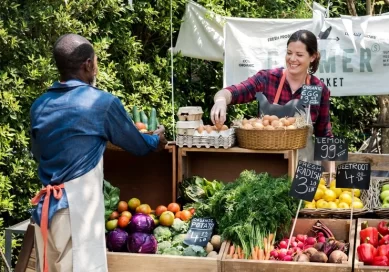
- Limited Infrastructure: Inadequate transportation networks, storage facilities, and market infrastructure impede farmers’ ability to transport and sell their produce efficiently.
- Lack of Information: Many farmers lack access to market information, including pricing trends, demand forecasts, and buyer preferences, making it difficult for them to make informed decisions and negotiate fair prices.
- Financial Constraints: Smallholder farmers often struggle to access credit and financial services to invest in their farms, purchase inputs, and cover production costs.
- Market Dynamics: Smallholder farmers face stiff competition from large-scale commercial producers and agribusinesses, limiting their market share and bargaining power.
- Quality and Standards: Meeting quality and safety standards required by domestic and international markets can be challenging for smallholder farmers, especially those with limited resources and technical knowledge.
Strategies to Overcome Challenges
Agrosahas International employs various strategies to help smallholder farmers overcome market access challenges and unlock their full potential. These strategies include:
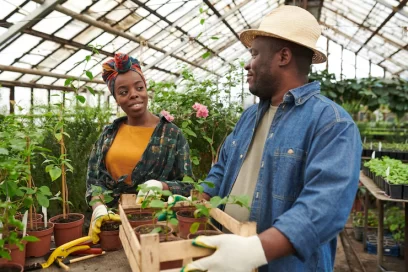
- Capacity Building: Providing farmers with training and technical assistance to improve agricultural practices, enhance productivity, and meet quality standards demanded by markets.
- Market Linkages: Facilitating connections between farmers and buyers, including local markets, exporters, retailers, and food processors, to expand market opportunities and access higher-value markets.
- Infrastructure Development: Investing in infrastructure projects such as roads, cold storage facilities, and market centers to improve transportation and storage capabilities, reduce post-harvest losses, and enhance market access.
- Financial Inclusion: Facilitating access to credit, microfinance services, and insurance products tailored to the needs of smallholder farmers to help them invest in their farms and manage risks effectively.
- Technology Adoption: Introducing innovative technologies and digital solutions, such as mobile apps, e-commerce platforms, and blockchain systems, to streamline value chains, enhance transparency, and improve market access for farmers.
Empowering Smallholder Farmers with Agrosahas International
At Agrosahas International, we are dedicated to empowering smallholder farmers with the knowledge, resources, and support they need to overcome market access barriers and thrive in the global marketplace. Through collaborative efforts and innovative solutions, we believe that smallholder farmers can unlock their full potential and contribute to sustainable agricultural development and economic growth in Africa and beyond.
